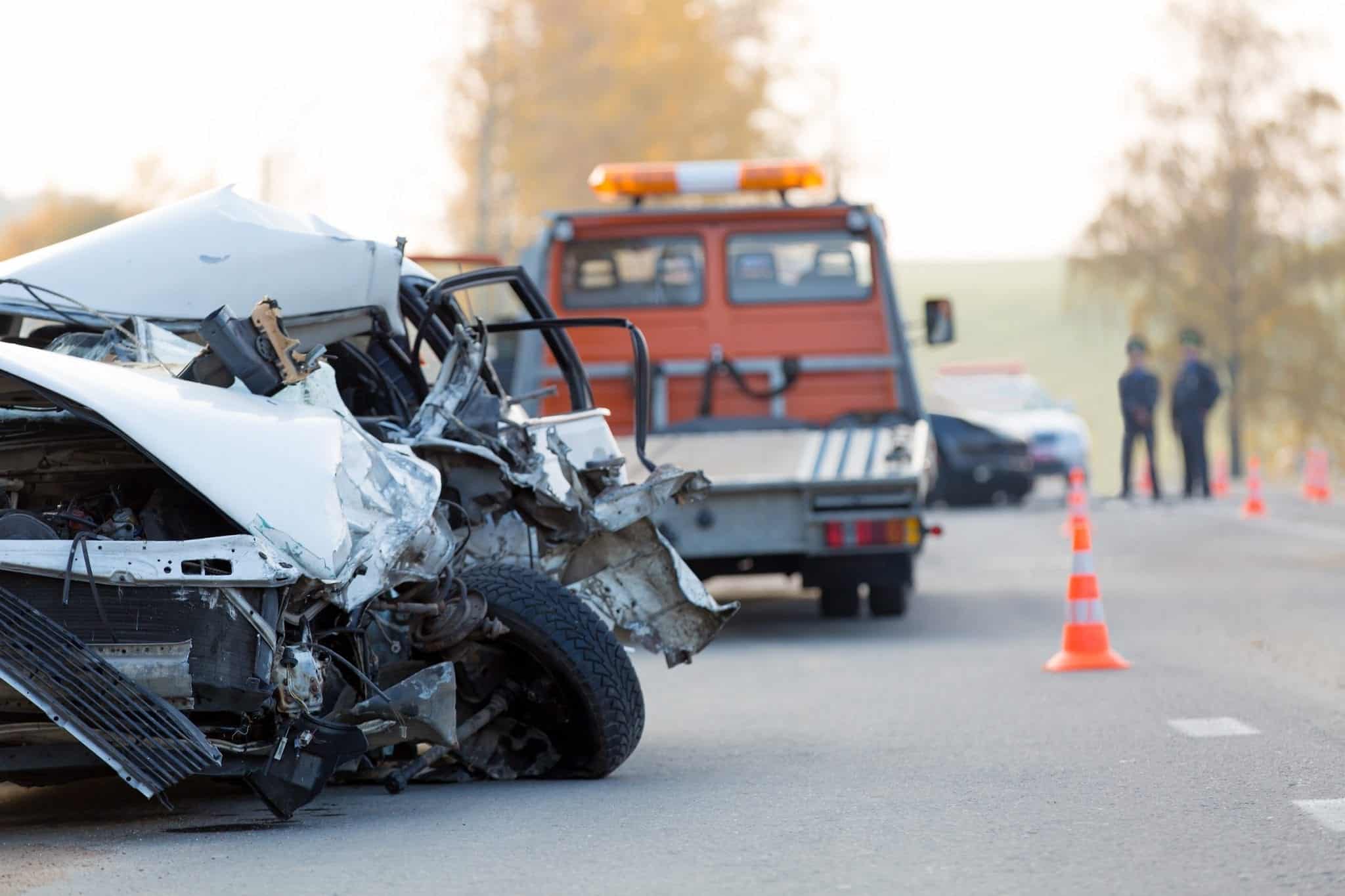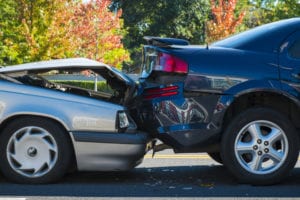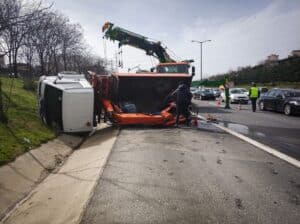
What Does “Total Loss” Mean?
If you were involved in a car accident, the insurance company might tell you that your vehicle is a “total loss.” This designation sometimes occurs even when it may not seem like the car is completely undrivable. Technically speaking, whether you can drive the vehicle may not have any connection to whether your vehicle is considered a “total loss” or not.
When the insurance company designates your vehicle as “totaled” or a total loss, it can be devastating because the insurance company will not pay for the vehicle repairs. However, they may also not pay for the full amount of what you need to replace your car.
What Constitutes a “Total Loss” in Georgia?
Insurance companies use the designation of “total loss” when the damage to the vehicle would cost more to repair than what the car is worth. These costs are most often associated with older vehicles, but even newer cars involved in serious accidents can be considered “totaled” as well.
Whether a vehicle is a “total loss” will vary depending on the insurance company. If it is not practical to repair the vehicle, even if the repairs would be less than the value of the vehicle, then the car may still be a total loss. Some companies have a standard percentage that they use, which is usually around 75 percent. That is, when the repairs would cost more than 75 percent of the value of the vehicle, then they would consider the car totaled.
What Happens After a Total Loss?
When your vehicle is considered a total loss, you usually have two options. First, your insurance company may provide you with the actual cash value of your vehicle before the accident. They will take your deductible out of this value, however. Second, the insurance company may take ownership of the vehicle, paying you for its value post-collision. You may also be able to repurchase it yourself as well.
These options are only available if you have a policy that covers total losses. Most liability coverages will address total loss, but it is important to review your insurance contract to fully understand your options.
Keep in mind that you still should continue to pay your insurance premiums even after your vehicle is considered a total loss. Moving quickly will allow you to avoid overpaying, however. Be sure to return the license plates as soon as you can after the accident.
Valuing a Vehicle After a Total Loss
Generally, your insurance company will work with a third party to value your vehicle for purposes of either purchasing it or repairing it. The insurance company will usually consider the following factors to evaluate the actual cash value of your car.
- Retail value of a similar vehicle
- Purchase price of your car
- Any improvements you made
- Prior unrelated damage
You can dispute the amount if you feel that it is not high enough. You should provide supporting documentation to assert that the actual cash value is greater than what the insurance company has provided. For example, if the third party assessing your vehicle did not consider your aftermarket upgrades, providing information about these updates may be helpful.
If you run into any disputes with your insurance company during this process, it may be beneficial to use the services of an experienced car accident attorney. Call our team at 833 – LEGALGA for more information.





